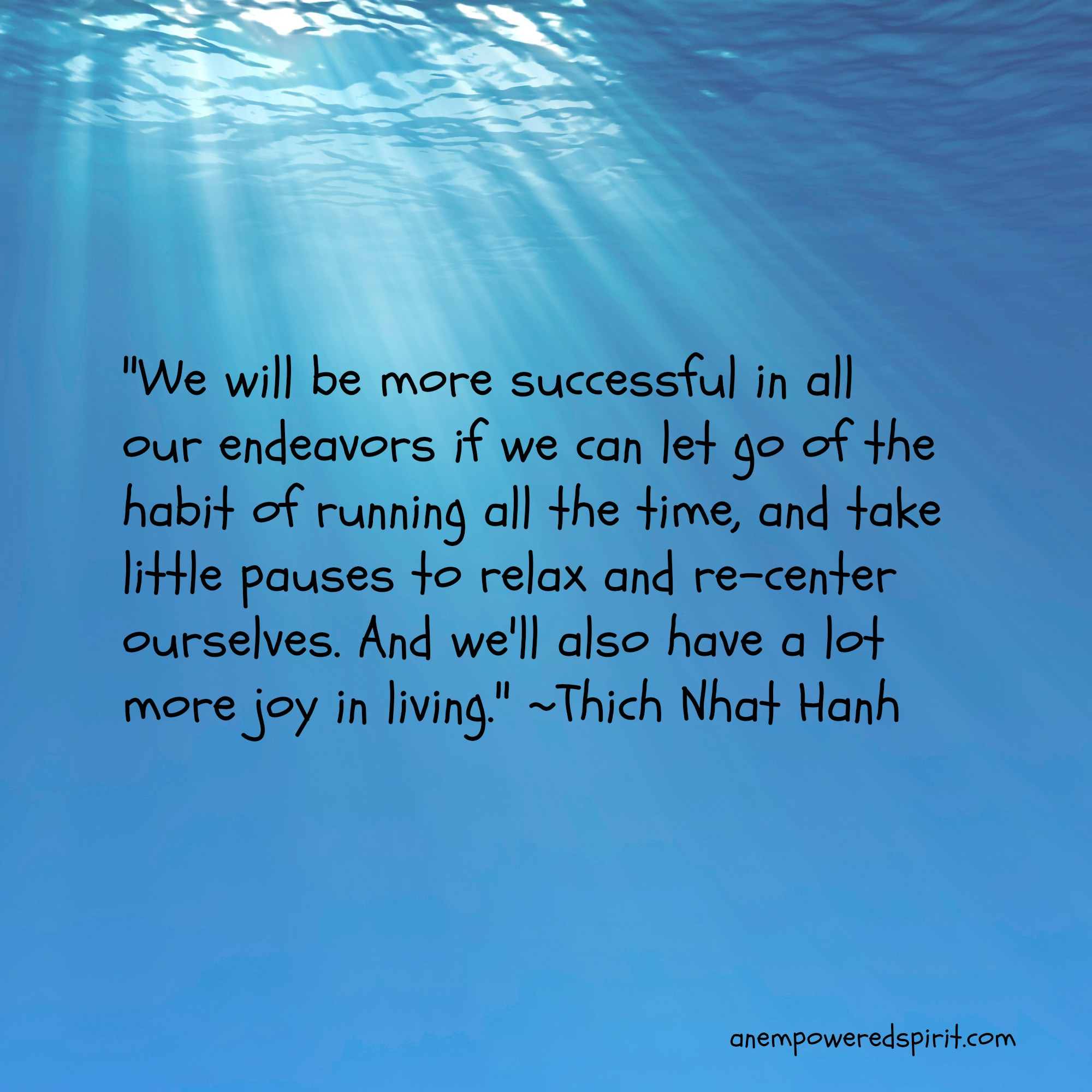The Bahá’í Faith, burgeoning in the late 19th century, stands as a profound paradigm for spiritual renewal, aligning itself harmoniously with the complexities and demands of the modern world. Central to this religious framework is the aspiration to transcend divisive doctrines, fostering unity and collaboration among humanity. The agitation for spiritual renewal emerges not merely as a response to contemporary challenges but as a clarion call to reclaim the essence of spirituality—one that is inherently adaptable, inclusive, and profoundly relevant.
A striking metaphor to encapsulate this quest for renewal is the image of a river. Just as a river meanders, adapting to the contours of the landscape it traverses, so too must religious beliefs undergo transformation, flowing seamlessly into the ever-changing environment of societal evolution. In this context, the Bahá’í teachings provide both a source of refreshment and a guiding current for individuals seeking a deeper, more meaningful spiritual existence.
At the heart of Bahá’í teachings lies the principle of unity. This vital tenet asserts that the diverse threads of human experience, cultures, and beliefs must be woven into a cohesive tapestry of understanding. The Bahá’í perspective propounds that the onus of spiritual renewal rests with individuals collectively, urging them to embrace empathy and understanding as pivotal instruments in the quest for unity.
One of the most profound contributions of Bahá’í teachings to spiritual renewal is the emphasis on the oneness of humanity. The assertion that all people, irrespective of race, nationality, or creed, are part of a universal family calls for a paradigm shift in how individuals perceive and interact with one another. In a world where division often reigns supreme, this principle functions as a beacon of hope, illuminating the path toward inclusivity and mutual respect.
Furthermore, the Bahá’í Faith encourages continuous personal development and spiritual growth. This emphasis on self-improvement aligns strikingly with the modern quest for authenticity and meaning. The concept of “consultation” is indispensable here. Defined as the practice of collective decision-making that values each individual’s voice, consultation serves as both a method and a spiritual discipline. Through this practice, individuals not only cultivate their own spiritual insights but also contribute to a communal pool of wisdom. This creates a fertile ground for ideas to flourish, propelling spiritual renewal that is not stagnant but ever-evolving.
The teachings further elucidate the necessity of education as a cornerstone of spiritual renewal. Education, particularly when rooted in moral and ethical principles, acts as an empowering force, equipping individuals with the tools necessary to navigate the complexities of modern life. In a time defined by rapid technological advancement and shifting moral landscapes, Bahá’í education encompasses both academic achievement and spiritual enrichment. This dual focus fosters a holistic approach, engendering a generation ready to confront challenges with enlightened perspectives.
In the quest for spiritual renewal, the concept of the “new world order” epitomizes the aspiration for a just and peaceful society. This belief posits that humanity, through cooperation and goodwill, can transcend its historical adversities, creating an era marked by harmony and collective progress. The vision articulated in Bahá’í teachings is not one of passive longing but of active participation. Each believer is called to embody the principles of justice, equity, and service, thereby contributing to the global tapestry of spiritual renewal.
Moreover, in recognizing the interconnectedness of all life forms, the Bahá’í teachings resonate with contemporary ecological consciousness. The movement advocates for a responsible stewardship of the Earth, emphasizing that true spirituality is manifested in our relationship with the environment. This holistic view extends the notion of a spiritual renewal beyond human interactions to encompass our responsibilities toward the planet. The earth is seen not merely as a resource to exploit but as a sacred entity deserving of reverence and care.
Finally, the Bahá’í teachings elucidate the significance of prayer and meditation in achieving spiritual renewal. In a frenetic world often marked by disquiet, the practice of reflection serves as an anchor, grounding individuals in their spiritual pursuits. The act of turning inward allows one to connect with their inner essence and the Divine, fostering an atmosphere of serenity and clarity that is often elusive in societal chaos. Prayer, thus, becomes both a personal and communal lifeline, reinforcing the interconnectedness of all souls striving for spiritual elevation.
In conclusion, the Bahá’í Faith stands as a vibrant testament to the potential for spiritual renewal in the modern world. Through its core tenets of unity, education, consultation, and stewardship, it presents a comprehensive framework for individuals seeking to navigate the complexities of contemporary existence. By embracing and embodying these teachings, followers can contribute to a transformative movement that transcends the temporal, offering a glimpse of the spiritual edifice that can be erected on the foundation of collective human goodwill. Ultimately, this renewal is not merely an abstraction; it is a sacred journey embarked upon by all those yearning for a life imbued with purpose, connection, and profound meaning.
